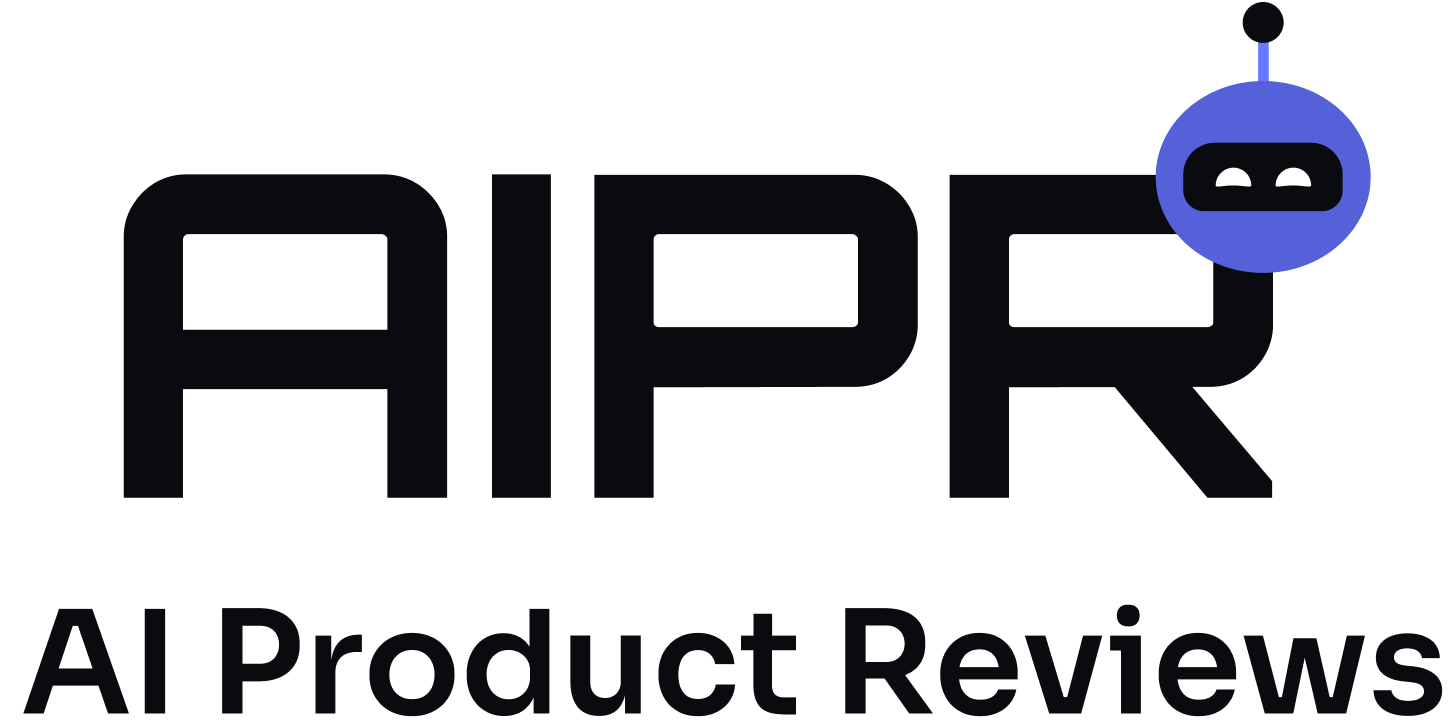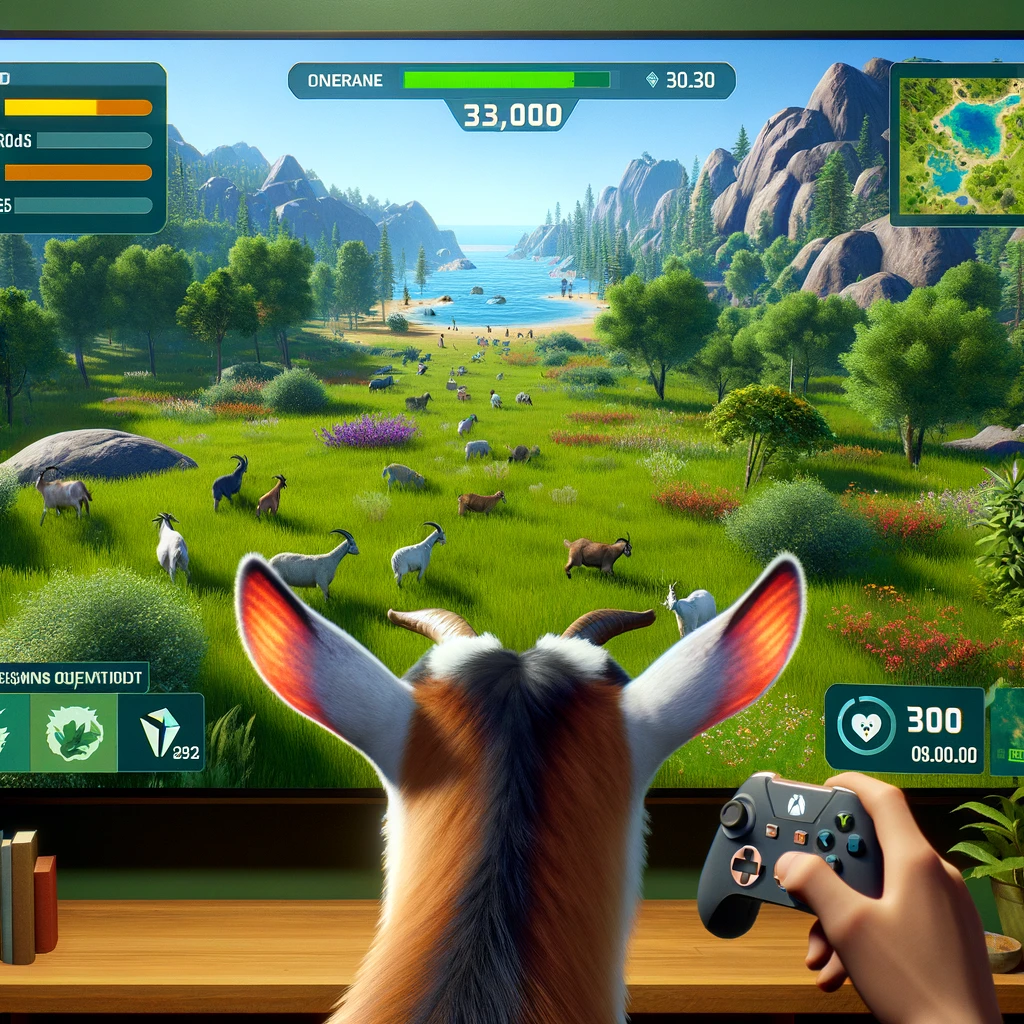Google DeepMind Unveils SIMA, an AI Program Excelling in Video Games Like ‘Goat Simulator 3’
In a surprising junction of artificial intelligence and virtual caprine escapades, Google DeepMind has announced the development of a new AI program, dubbed SIMA (Scalable Instructable Multiworld Agent), which has demonstrated the ability to learn and perform tasks within various video games—including the eccentric “Goat Simulator 3”. While the premise of teaching AI through video games might seem whimsical, this represents a significant stride towards more dynamic and adaptable AI systems.
From Chatbots to Game Bots
SIMA is built on the foundational technology behind large language models, such as the ones that power sophisticated chatbots like ChatGPT. Frederic Besse, a research engineer at Google DeepMind who contributed to the SIMA project remarked, “SIMA is greater than the sum of its parts.” It capitalizes on the shared concepts across games, sharpening its skills and improving its ability to execute given instructions. This characteristic allows it to confidently approach a new game and perform tasks by leveraging the knowledge obtained from other games.
The AI Gaming Arena Heats Up
The revelation of DeepMind’s SIMA accompanies a rising trend among tech giants such as Google and OpenAI, who are vying for dominance in the burgeoning field of generative AI. The versatility in data learning promises to enhance AI capabilities substantially. With SIMA, DeepMind signals a future where AI systems might transcend the capacity for conversation and media generation, resorting to managing computers to execute intricate commands—a vision that notably aligns with DeepMind CEO Demis Hassabis’s own aspirations.
Pioneering Embodied Agents
The introduction of SIMA represents yet another step in Google DeepMind’s history of game-playing agent innovations. Before its acquisition by Google, DeepMind made news in 2013 by demonstrating how reinforcement learning—training algorithms with feedback—enabled computers to engage with classic Atari video games. Years later, the company’s AlphaGo famously defeated a Go world champion using a similar approach.
For the advancement of SIMA, the team entered a collaborative venture with multiple game studios to amass keyboard and mouse data from humans playing a blend of ten 3D games, including well-known titles such as “No Man’s Sky” and “Hydroneer”. They then annotated this data to link actions to commands—a necessity for associating inputs with tasks like locating a jetpack as a goat or unearthing treasures as a human character.
Training and Application
The amassed dataset was funneled into a language model akin to those behind modern chatbots. Following its training, SIMA became capable of interpreting and acting on hundreds of typed commands. Human evaluators subsequently assessed SIMA’s performance in-game, allowing further refinements for more precise functioning. The AI software now boasts competence in over 600 actions, including exploration, combat, and manipulation of tools in non-violent scenarios, adhering to Google’s ethical standards.
Projecting a Future with Simulated Sidekicks
While still foundational, the implications of DeepMind’s research present an intriguing perspective, as voiced by Tim Harley of the DeepMind team: “One could imagine one day having agents like SIMA playing alongside you in games with you and with your friends.” Such developments pave the way for not only novel gaming experiences but also potential utilities in areas requiring autonomous yet cooperative AI assistance.
As the artificial intelligence domain continues to expand, projects like SIMA promise not only entertainment but also practical advancements to AI reliability and adaptability in more complex real-world environments.





